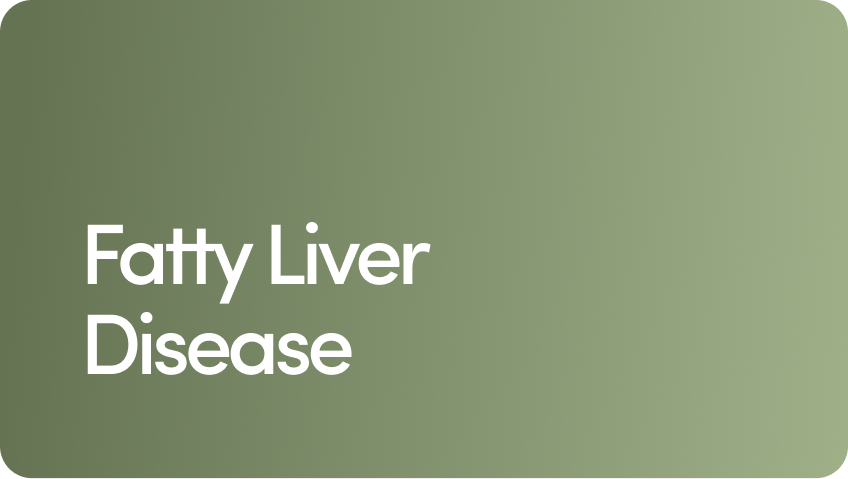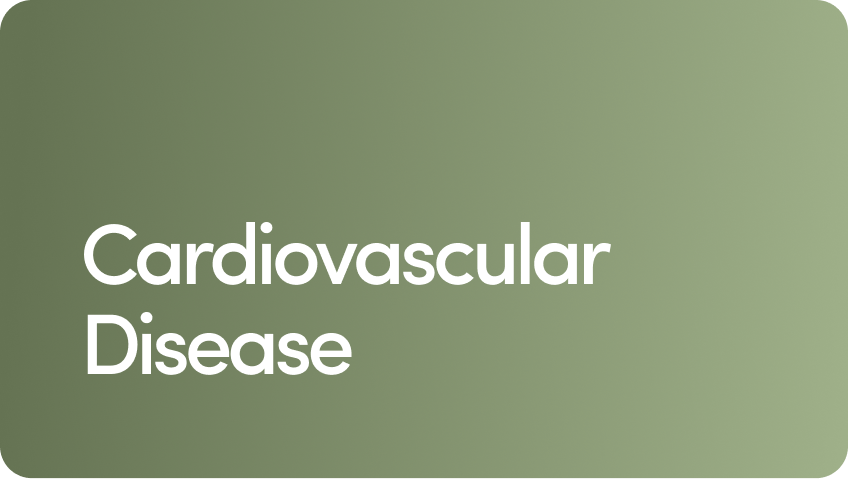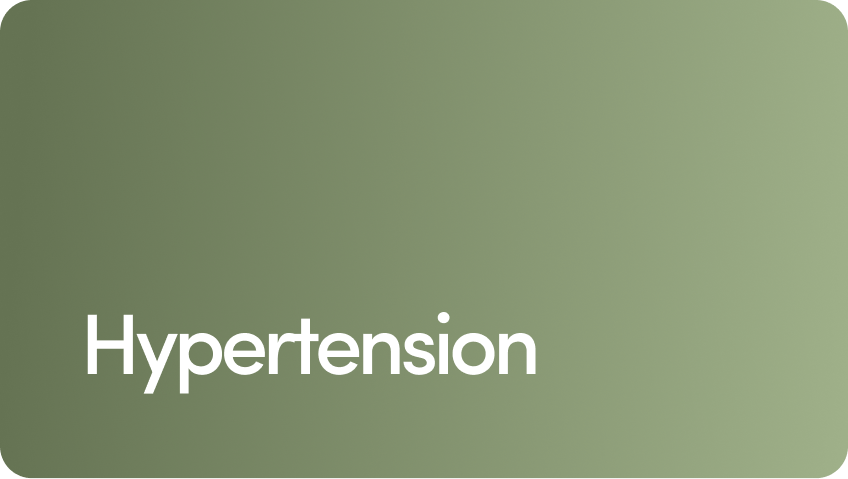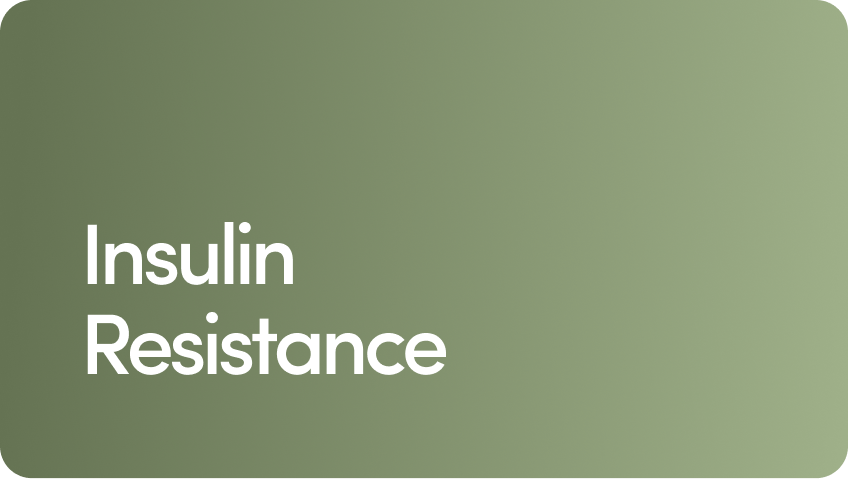Content
Prescription weight loss that puts you first
9 Small Changes to Jumpstart New Year Weight Loss

Reviewed by Craig Primack, MD, FACP, FAAP, FOMA
Written by Vanessa Gibbs
Published 12/15/2024
Updated 12/13/2024
Losing weight. Improving fitness. Making smarter food choices. These were some of the most popular 2024 New Year’s resolutions among Americans, according to a survey from ForbesHealth and OnePoll.
If you’re looking to lose weight in the new year, we’ve got you. You don’t have to overhaul your life to move toward your New Year weight loss goal. Small, achievable steps can get you started and make a real difference over time.
Content
Here are nine small changes you can make to jumpstart your New Year weight loss journey and keep it going all year long:
Get a reusable water bottle
Add protein to every meal
Eat more slowly
Check in with yourself before you snack
Get 2,000 more steps a day
Strength train twice a week
Give yourself a bedtime
Try meditating
Join a weight loss program
Keep scrolling for more details and pointers.
1. Buy a Reusable Water Bottle — And Use It
Let’s start with water. Water is essential to so many aspects of health, including skin, digestion, and joints.
When it comes to weight loss, drinking water can suppress your appetite and help you feel fuller, especially if you drink a glass before meals.
To get in more H2O in the new year, buy a reusable water bottle and aim to bring it with you everywhere. Refill it at every opportunity and sip it throughout the day. Your goal: Around 100 ounces of water per day.
2. Add a Protein Source to Every Meal
You don’t have to adopt a New Year’s diet the second the clock strikes midnight. Instead of a short-term, restrictive diet, make small changes to your eating habits as the year goes on. One little thing to get you started? Eat more protein.
Protein regulates hunger and helps you feel fuller. It can also help your body retain muscle as you’re losing fat.
To get these weight loss benefits, you may need to eat much more than the daily recommended amount — we’re talking 100 grams or so a day. To hit that number, aim to add protein to every meal.
Lean protein sources include:
Chicken
Turkey
Fish
Tofu
Tempeh
Low-fat Greek yogurt
Consider starting with the most important meal of your day — breakfast. Research shows a high-protein breakfast can reduce food cravings more than the average breakfast. An omelet, Greek yogurt with fruit, or a protein shake are all great options.
Short on time? Protein shakes and bars are a quick and easy way to add more protein to your diet. Use them as a meal replacement or a healthy snack.
3. Eat More Slowly
Did you know your eating speed can affect your hunger levels? Research shows those who eat slower have lower levels of the hunger hormone ghrelin, feel fuller, and eat fewer snacks later in the day.
Plus, eating slower can help you notice when you’re starting to feel full to prevent overeating. As a result, you might eat fewer calories overall each day.
To slow your roll, try making your meal times more of an event. Put down your phone, savor each bite, and focus on how your food tastes and smells. It may also help to chew more thoroughly and take sips of water between bites.
4. Check In With Yourself Before You Snack
You don’t have to give up snacking come January or follow fad diets to reach your weight loss goals. The key is choosing nutritious snacks and snacking when hungry — not when sad, lonely, stressed, or angry.
To do this, build the habit of checking in with yourself before you snack. How are you feeling? How’s your emotional state? Is your stomach rumbling (grab that snack!), or are you opening the fridge out of boredom?
If something is driving you to snack that’s not physical hunger, try addressing that need in a different way.
Need support? Get in touch with a registered dietitian nutritionist for help with meal planning or a mental health professional for psychological care.
5. Get 2,000 More Steps a Day
Exercise is a critical part of healthy weight loss, but you don’t have to sign up for a marathon on January 1st. Take it one step at a time — literally — and add more general movement into your everyday routine.
Getting 2,000 more steps a day than your current average is a small, measurable change that can help you reach your New Year weight loss goal.
In practice, that could mean going for a brisk walk around the local park every morning or taking walking phone meetings when possible.
As the year goes on, increase your physical activity to keep the weight loss going.
6. Strength Train Twice a Week
Strength training — with resistance bands, bodyweight exercises, or weight lifting — has many health benefits, including weight loss. It can burn calories, increase your metabolism, and help you build muscle.
Research shows that combining strength training with cardio (like daily walks) may be more effective for weight loss than either type of exercise alone.
Start slowly and gradually build up how much strength training you do as your fitness improves. To kick off the year, consider reaching out to a personal trainer for tailored advice or signing up for a group fitness class for motivation and guidance.
If you’re just getting started, our guide on how to start working out can help.
7. Give Yourself a Bedtime
Sleep and weight loss are closely linked, and getting enough shut-eye will not only promote weight loss but also give you more energy and motivation to maintain your healthy habits all year long.
One small step to help you get sleep better (and longer) is giving yourself a bedtime and sticking to it most nights.
Start with the time you need to wake up in the morning, count back seven or eight hours, and add about 30 minutes to give yourself time to fall asleep. If you find yourself staying up too late, set a reminder (or even an alarm) on your phone to alert you when it’s time to brush your teeth and get ready for bed.
8. Try Meditating
Stress can sabotage weight loss. How so? It can promote weight gain by increasing appetite — especially cravings for comfort foods — and triggering the body into storing more fat.
Chronic stress and even just one particularly stressful day can also disrupt your sleep. You’d probably prefer to chill out on the sofa than hit the gym after a long, anxiety-ridden day.
To manage your stress and mental health, try meditating. This can be especially useful if you find yourself stress-eating.
A 2024 study found that mindfulness meditation can reduce food cravings and emotional-eating tendencies along with stress levels.
It can be as simple as finding a quiet space, sitting down, setting a timer for 10 minutes, and focusing on your breath. You can make meditation a part of your daily routine and increase how long you meditate as you feel more comfortable with it.
Our guide on how to meditate for beginners shares more advice.
9. Join a Weight Loss Program
Most things in life are better with company — weight loss included.
Research suggests group weight loss programs can be more effective than trying to lose weight on your own. Additional research shows online weight loss programs can be even more effective than face-to-face interventions.
Hers is one option. The Hers weight loss program includes:
Healthy recipes and meal plans
Eating tips tailored to your eating pattern (e.g., if you’re an emotional eater)
Habit trackers to hit your goals for protein, water, sleep, and movement
Behavioral change tools to help you build new habits
Messaging with healthcare providers
You’ll have a New Year diet and exercise plan and the tools to make healthy lifestyle changes — all available through our user-friendly mobile app.
With Hers telehealth, you can access weight loss medication, if suitable for you. This includes GLP-1 injections like Wegovy®, Ozempic®, and weight loss pills like metformin and topiramate.
These medications all work differently, but they can reduce your appetite, help you feel fuller, and curb cravings. This makes it easier to stick to any healthy eating resolutions you’re setting for the new year.
There’s a lot of pressure to emerge on January 1st as a whole new person. But you don’t need to make drastic changes or announce your plans on social media (unless you want to) to make progress toward New Year weight loss goals and better overall wellness.
When setting a weight loss resolution, think past a quick-fix solution. Small steps can add up to big changes in your overall health and well-being. Before you know it, you’ll be:
Eating healthy foods, like protein, healthy fats, whole grains, fruits, and veggies
Drinking more water
Doing more movement from walking, strength training, and other exercises
Getting enough sleep most nights
Managing stress in healthy ways
For more advice, check out our guide on how to achieve weight loss goals.
If you’re considering weight loss medications as part of your action plan, learn about your treatment options with our free online weight loss assessment. Our programs can also help with weight management once you’ve reached your goal.
This article is for informational purposes only and does not constitute medical advice. The information contained herein is not a substitute for and should never be relied upon for professional medical advice. Always talk to your doctor about the risks and benefits of any treatment. Learn more about our editorial standards here.
10 Sources
- Forbes Health. (2024). 2024 New Year’s resolutions: Nearly half cite fitness as their top priority. https://www.forbes.com/health/mind/new-year-resolutions-survey-2024/
- Perry D, et al. (2022). Water for weight loss. https://pmc.ncbi.nlm.nih.gov/articles/PMC9842148/
- Moon J, et al. (2020). Clinical evidence and mechanisms of high-protein diet-induced weight loss. https://pmc.ncbi.nlm.nih.gov/articles/PMC7539343/
- Hoertel HA, et al. (2014). A randomized crossover, pilot study examining the effects of a normal protein vs. high protein breakfast on food cravings and reward signals in overweight/obese “breakfast skipping“, late-adolescent girls. https://nutritionj.biomedcentral.com/articles/10.1186/1475-2891-13-80
- Hawton K, et al. (2018). Slow down: behavioural and physiological effects of reducing eating rate. https://pmc.ncbi.nlm.nih.gov/articles/PMC6357517/
- Ho SS, et al. (2012). The effect of 12 weeks of aerobic, resistance or combination exercise training on cardiovascular risk factors in the overweight and obese in a randomized trial. https://bmcpublichealth.biomedcentral.com/articles/10.1186/1471-2458-12-704
- Kumar R, et al. (2022). Obesity and stress: a contingent paralysis. https://pmc.ncbi.nlm.nih.gov/articles/PMC9362746/
- Torske A, et al. (2024). Mindfulness meditation modulates stress-eating and its neural correlates. https://www.nature.com/articles/s41598-024-57687-7
- Street S, et al. (2022). Are individual or group interventions more effective for long‐term weight loss in adults with obesity? A systematic review. https://pmc.ncbi.nlm.nih.gov/articles/PMC9542282/
- Kupila SKE, et al. (2023). The effectiveness of eHealth interventions for weight loss and weight loss maintenance in adults with overweight or obesity: a systematic review of systematic reviews. https://pmc.ncbi.nlm.nih.gov/articles/PMC10482795/
Editorial Standards
Hims & Hers has strict sourcing guidelines to ensure our content is accurate and current. We rely on peer-reviewed studies, academic research institutions, and medical associations. We strive to use primary sources and refrain from using tertiary references. See a mistake? Let us know at [email protected]!
This article is for informational purposes only and does not constitute medical advice. The information contained herein is not a substitute for and should never be relied upon for professional medical advice. Always talk to your doctor about the risks and benefits of any treatment. Learn more about our editorial standards here.
Related Articles
Related Conditions
 Obesity
Obesity
 Diabetes
Diabetes
 Fatty Liver Disease
Fatty Liver Disease
 Cardiovascular Disease
Cardiovascular Disease
 Hypertension
Hypertension
 Insulin Resistance
Insulin Resistance